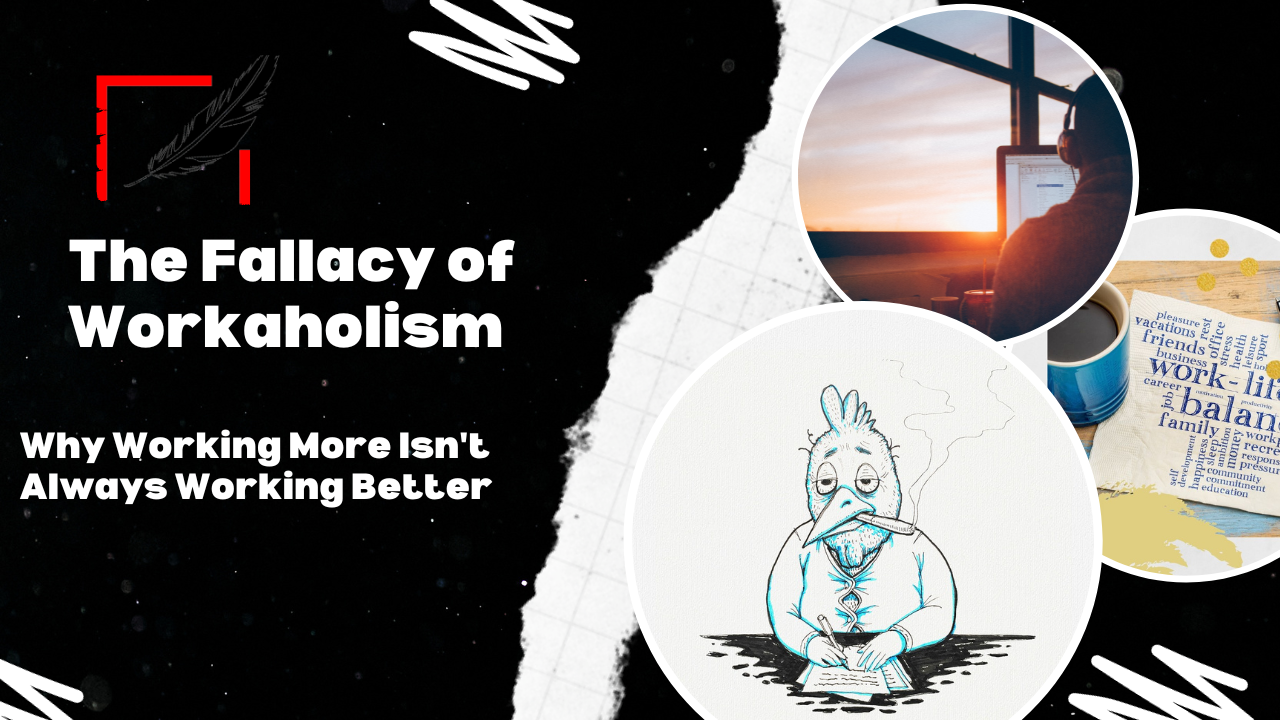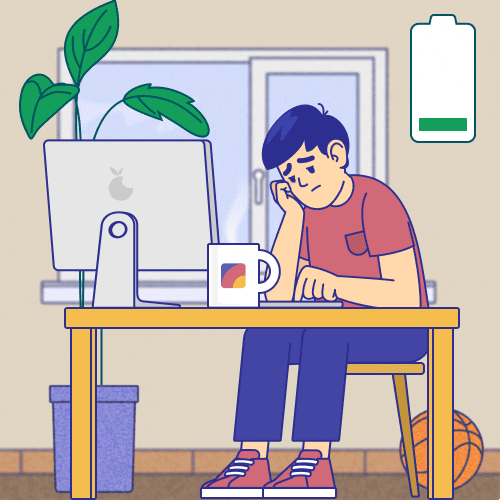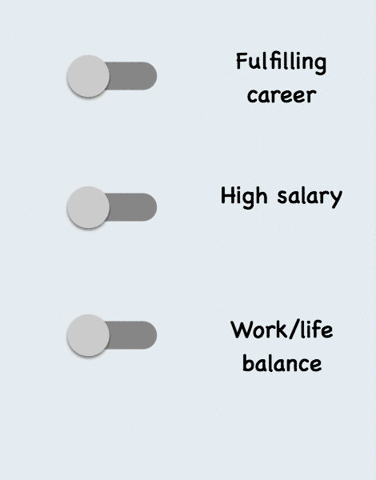
Our culture often celebrates the workaholic, the person who burns the midnight oil, pulls all-nighters, and sleeps at the office. This extreme dedication to work is often seen as a badge of honor, a symbol of unwavering commitment. But is this workaholic culture as admirable as it seems, or is it a recipe for disaster? Let’s dive into the world of workaholism and explore why working more doesn’t necessarily equate to achieving more.
1. Diminishing Returns:
Working long hours may give the illusion of productivity, but in reality, it often leads to diminishing returns. The longer you work without adequate rest, the less efficient and creative you become. Fatigue sets in, and your ability to make sound decisions declines. You might be physically present, but your mind is far from optimal.
2. Unsustainability:
One of the most significant drawbacks of workaholism is its lack of sustainability. While you may be able to push yourself to the limit in the short term, this approach is simply not tenable over the long haul. Burnout becomes an inevitable consequence, and when it hits, it hits hard. Workaholics often find themselves facing physical and mental health issues as a result.

"Never get so busy making a living that you forget to make a life."Dolly Parton

3. Inelegant Solutions:
Workaholics often try to compensate for intellectual laziness with brute force. Instead of seeking elegant and efficient solutions, they throw sheer hours at problems. This approach can lead to unnecessarily complex and inelegant solutions that are far from ideal.
4. Self-Created Crises:
Ironically, workaholics sometimes create crises where none exist. Why? Because they enjoy the feeling of being indispensable heroes who swoop in to save the day. This can lead to a cycle of manufactured emergencies that disrupt the workflow and make life more stressful for everyone involved.
"Balance is not something you find, it's something you create."Jana Kingsford
5. Poor Morale and Guilt:
When one person in a team adopts a workaholic mentality, it often has a negative impact on the entire group. Co-workers may feel inadequate for merely working regular hours, leading to guilt and lower morale. This unhealthy dynamic can erode teamwork and collaboration.
6. The Importance of Balance:
It’s crucial to understand that working excessively doesn’t equate to caring more or being more dedicated. True dedication is about achieving a balance between work and personal life. It’s about working smarter, not just harder.
7. The Power of Rest:
Rest and relaxation are not signs of weakness but rather essential components of productivity and well-being. Regular breaks, sufficient sleep, and time spent away from work are all vital for maintaining a sharp mind and a healthy body.


In conclusion, while dedication and hard work are admirable traits, workaholism is a trap that often leads to more harm than good. It’s important to recognize that working longer hours doesn’t necessarily translate into increased productivity or success. Instead, we should focus on working efficiently, fostering a healthy work-life balance, and valuing our well-being above all else. After all, a sustainable, balanced approach to work will ultimately lead to better results and a happier, more fulfilled life.
 Binary Cipher
Binary Cipher